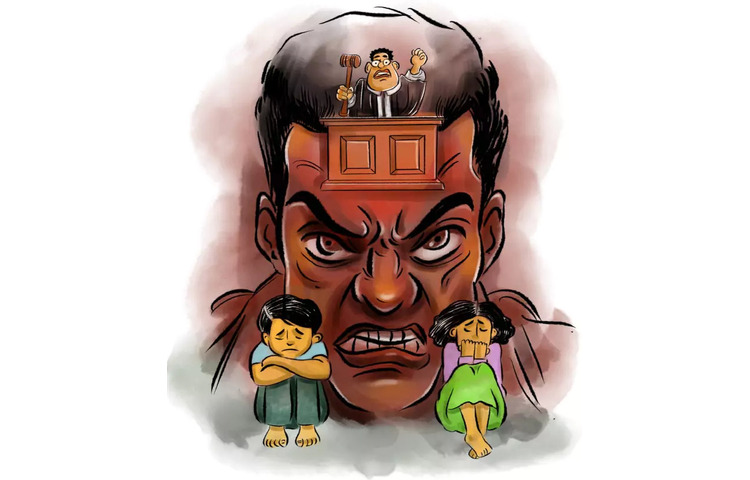“Orissa High Court Upholds POCSO Act’s Limitations on Witness Recall, Emphasizes Judicial Discretion”
May 24, 2024 2024-07-05 15:01“Orissa High Court Upholds POCSO Act’s Limitations on Witness Recall, Emphasizes Judicial Discretion”

“Orissa High Court Upholds POCSO Act’s Limitations on Witness Recall, Emphasizes Judicial Discretion”
By Shazia Siddiqui
The Orissa High Court recently addressed a legal challenge involving the recall of a victim witness under the provisions of the Protection of Children from Sexual Offences Act, 2012 (POCSO Act). This matter came before the court through an application filed under Section 482 of the Criminal Procedure Code (CrPC), contesting the decision of the Special Court under the POCSO Act to deny the petitioner’s request to recall a child witness.
Initially, the petitioner sought to recall the victim witness under Section 322 of the CrPC, which allows for the examination of additional witnesses if their evidence is considered essential to the just decision of the case. However, the Special Court rejected this plea, citing Section 33(5) of the POCSO Act as a bar to the repeated summoning of child victims for cross-examination. The State’s counsel supported this interpretation, arguing that the legislative intent behind Section 33(5) was to protect minor victims from the ordeal of multiple court appearances.
In response, the petitioner’s counsel contended that while Section 33(5) discourages unnecessary re-examination, it does not impose an absolute prohibition. They argued that in cases where essential evidence remains unexplored or unclear, recalling the victim witness should be permissible under judicial discretion.
Justice Sibo Sankar Mishra, presiding over the single bench, undertook a comprehensive review of the legal arguments and the specific questions proposed for the witness. The judge emphasized that while safeguarding child witnesses is paramount, the interpretation of Section 33(5) should not unduly restrict the fair administration of justice. Justice Mishra highlighted the need to balance the protection of minors with the fundamental right of the accused to a thorough cross-examination process, crucial for the establishment of truth in legal proceedings.
Upon examining the particulars of the case, including the questions intended for the victim witness, Justice Mishra concluded that many of these inquiries had already been addressed during the initial cross-examination. Moreover, some queries were deemed irrelevant and more suitable for other witnesses involved in the investigation, such as the victim’s parents or the investigating officer.
In delivering the court’s ruling, Justice Mishra clarified that while the petitioner’s application under Section 311 of the CrPC was technically admissible, it lacked sufficient grounds for approval based on the existing evidence and the proposed line of questioning. The judge affirmed that the dismissal of this particular petition did not preclude the petitioner from pursuing alternative avenues to address pertinent issues through other witnesses.
Ultimately, the Orissa High Court declined to overturn the decision of the Special Court, emphasizing that Section 33(5) of the POCSO Act serves as a statutory safeguard against the repetitive questioning of child victims, aimed at shielding them from undue stress and trauma. Justice Mishra’s ruling underscored the importance of discretion in judicial proceedings, advocating for a nuanced approach that respects both the rights of the accused and the welfare of vulnerable witnesses.
This judgment from the Orissa High Court reaffirms the judiciary’s commitment to interpreting and applying legal provisions in a manner that balances the protection of minors with the imperative of ensuring a fair trial. By clarifying the scope of Section 33(5) of the POCSO Act, the court has provided clarity on the permissible grounds for recalling child witnesses, thereby contributing to the ongoing evolution of jurisprudence in safeguarding children’s rights within the criminal justice system.
Case Title: Tapas Swain @ Tapas Kumar Swain v. State of Orissa & Another
Citation:CRLMC No.1506 of 2024









